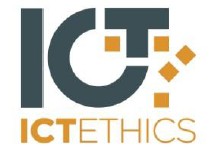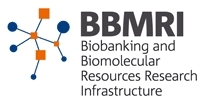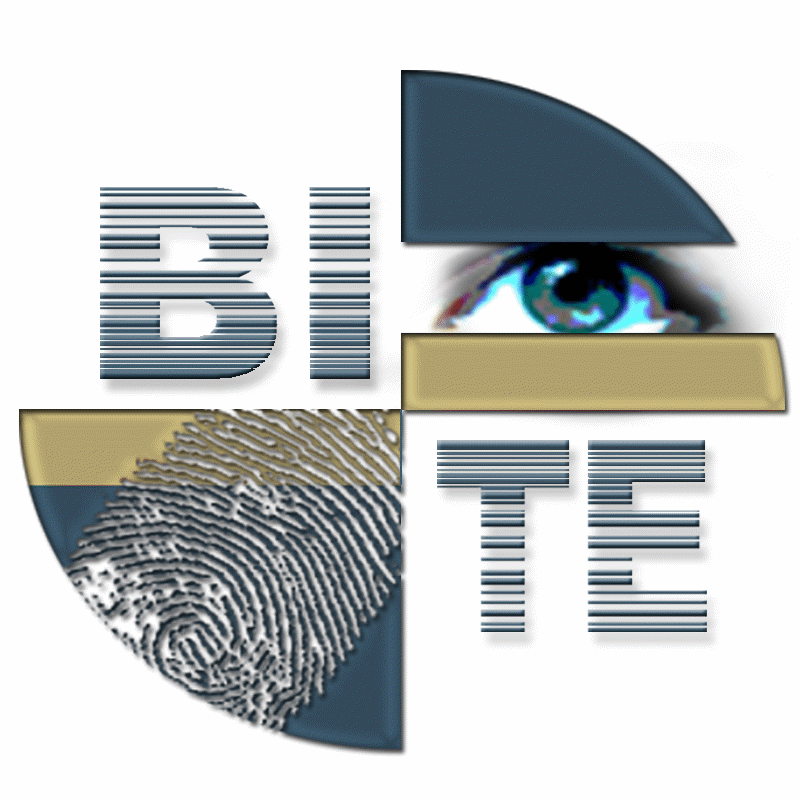BITE
-
Summary
BITE prompted research and launched a public debate on the ethical implications of biometric identification technologies. The number of biometric devices in use in Europe jumped from 8,550 in 1996 to more than to 150,000 in 2005, and biometric industry revenues were expected to more than triple before the end of the last decade. The BITE project offered a unique combination of academic centres, industries and international organisations with the aim to help industry and researchers confront ethical issues that arise in biometrics.
Thinking through some of the ways in which "identity" and "identification" are understood, the BITE project addressed how these concepts are interrelated in philosophical and social constructions. The ethical and social concerns that arise with the deployment of biometrics include awareness of the dangers of "function creep", data misuse, the reduction of body to data/information and the potential for fostering social stigma.
-
Cesagen's involvement
The first BITE meeting, on Biometrics and Genetics, was hosted by Cesagen at Lancaster University, 24 January 2005. The meeting was chaired by the centre's director, Ruth Chadwick. Approximately 25 people were in attendance, there among project partners, invited speakers and a wider pool of invitees, including several delegates from Cesagen.
See the Report of the First Meeting.
-
Members of the Cesagen team
Ruth Chadwick
Paul McCarthy
Richard Twine (rapporteur at the 1st BITE meeting)Project partners:
Centre for Science, Society and Citizenship, Italy (coordinator)
Centre for Clinical Research and Bioethics, Italy
Cesagen, Lancaster & Cardiff Universities, United Kingdom
ESA Communication
Humanscan GMBH, Germany & Switzerland
Institute for Healthcare Management & Policy, Netherlands
International Biometric Group, United Kingdom & United States
International Organisation for Migrations
OPTEL, Poland
European Institute of Bioethics, BelgiumSee the official BITE project website.
A European Commission funded action
Contract No: SAS6-006093
Duration: 36 months
Completed: 27 Feb 2007
(Biometric Identification Technology Ethics)
Associate project
-
Identity, Security and Democracy (a NATO ARW forum)
The Advanced Research Workshop (ARW) forum in Jerusalem was on the social, ethical and policy implications of automated systems for human identification. It addressed the challenges posed to society by automated systems for human identification. Automatic Identification Technology (AIT) includes barcodes, radio frequency ID (RFID), and satellite tracking systems, smart cards, optical memory cards, contact memory buttons, and biometrics.
See the workshop report.
Sponsored by NATO for advanced level, intensive discussions between qualified experts from different countries and research sectors.
Co-sponsored by SAGEM and the BITE project.Participants:
Emilio Mordini (Italy) - NATO ARW co-director
Manfred S Green (Israel) - NATO ARW co-director
Kush R. Wadhwa - Global Security Intelligence, United States
Dani Cohen - Center for the Study of Bioterrorism, Tel Aviv University
Itiel Dror - Cognitive Consultants International (CCI)
Paul McCarthy - Cesagen - Lancaster University, United Kingdom













